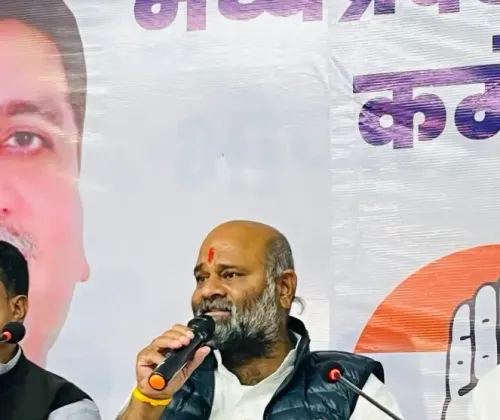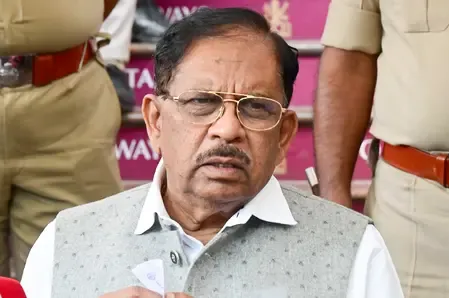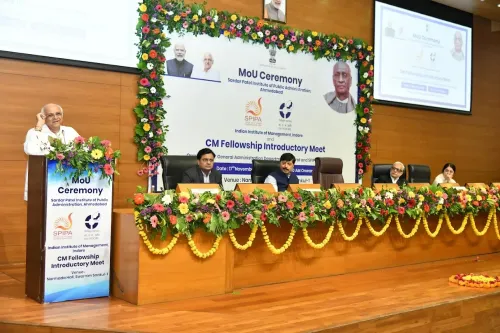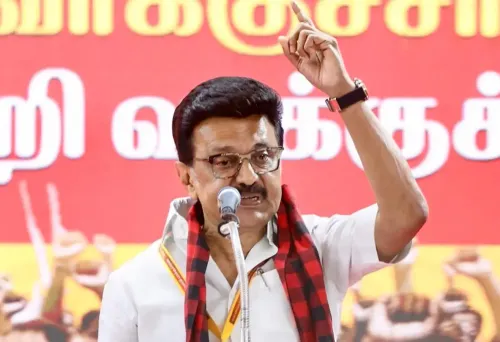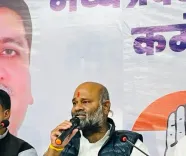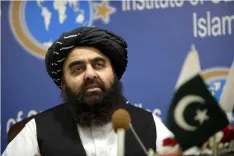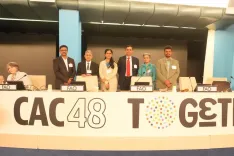Did the Delhi HC Overturn the Lokpal's CBI Probe Order Against a Railway Officer?
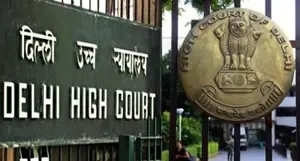
Synopsis
Key Takeaways
- The Delhi High Court emphasized the necessity of a fair hearing before investigations are initiated.
- Section 20(3) of the Lokpal Act mandates the opportunity for the concerned individual to present their case.
- The ruling highlights the significance of adhering to due process in public service investigations.
- Future proceedings by the Lokpal must comply with legal standards to ensure justice.
- The decision reinforces public trust in the integrity of investigative processes.
New Delhi, Nov 18 (NationPress) The Delhi High Court has invalidated the directives issued by the Lokpal of India, which mandated a CBI investigation into the purported tampering of OMR sheets during a departmental promotion examination for the West Central Railway.
A panel consisting of Justices Anil Kshetrapal and Harish Vaidyanathan Shankar determined that the anti-corruption ombudsman initiated a "deeper investigation" without allowing the petitioner, Chief Loco Inspector Mujahat Ali Khan, a chance to present his case at the pre-investigation phase. The court emphasized that such a hearing is “a mandatory requirement” under Section 20(3) of the Lokpal and Lokayuktas Act.
By overturning the Lokpal’s directives dated February 21 and September 23, the Delhi High Court stated: “The Impugned Orders dated 21.02.2025 and 23.09.2025, relating to the Petitioner, are invalidated for failing to comply with the obligatory requirement of Section 20(3) of the Lokpal Act.”
The court noted that the Lokpal could not have initiated an investigation without first seeking the explanation from the relevant public servant. “The language used in Section 20(3) of the Lokpal Act is categorical and allows no discretion,” the ruling asserted, adding that the lack of a hearing at the pre-hearing stage “constitutes a violation of the statutory mandate and of the Principles of Natural Justice.”
While five officials were summoned and heard by the Lokpal before the investigation was ordered, the petitioner, who was later included as a respondent, was neither called nor permitted to take part.
The Delhi High Court dismissed the Lokpal's argument that the petitioner was subsequently granted an opportunity to submit comments under Section 20(7), asserting that a hearing after the investigation does not rectify the prior violation.
“Once the statutory opportunity for hearing under Section 20(3) is denied, participation at the post-investigation stage under Section 20(7) cannot retroactively validate an order made without adhering to the essential precondition of a hearing,” stated the Justice Kshetrapal-led panel.
In allowing the writ petition, the Delhi High Court clarified that the Lokpal is entitled to initiate new proceedings, as long as it complies with the law. “The learned Lokpal is free, should it choose, to commence proceedings anew against the petitioner in accordance with law, strictly following the procedure outlined in Section 20,” concluded the order.

